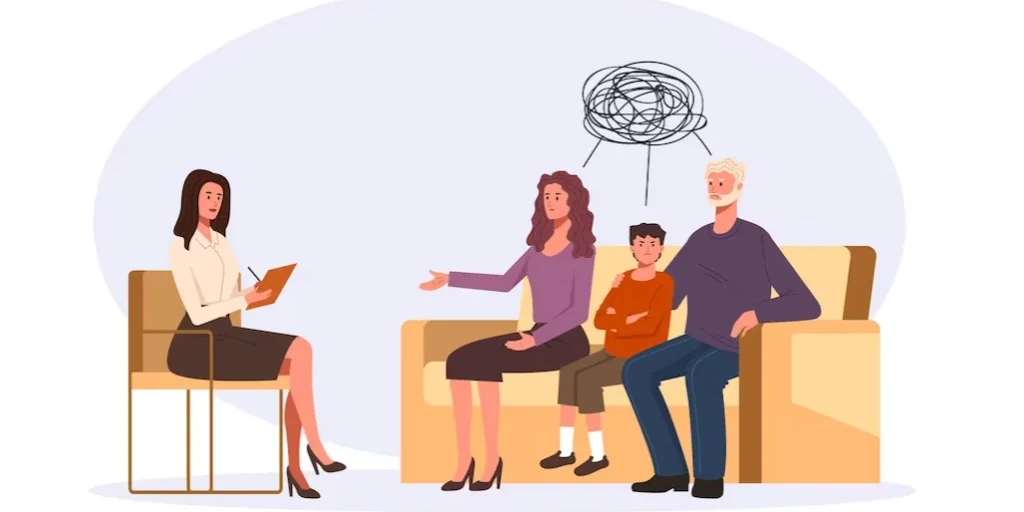24/7 Helpline:
(866) 899-221924/7 Helpline:
(866) 899-2219
Learn more about Morphine Rehab centers in Lunenburg County
Morphine Rehab in Other Counties

Other Insurance Options

Magellan

WellPoint

Horizon Healthcare Service

Self-pay options

Holman Group

MHNNet Behavioral Health

Cigna

CareFirst

EmblemHealth

Covered California
Beacon

Excellus

Meritain

Lucent

Multiplan

Evernorth

Carleon

BHS | Behavioral Health Systems

Medical Mutual of Ohio

Absolute Total Care

Three Rivers Treatment Center Academy
Three Rivers Treatment Center Academy is a private rehab located in Kenbridge, Virginia. Three River...













































































